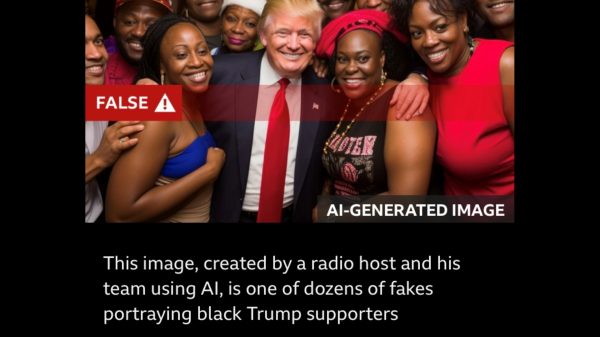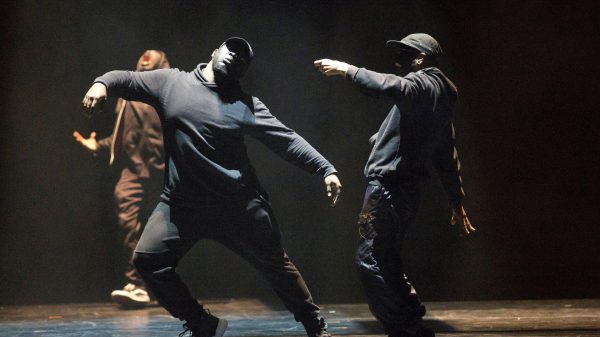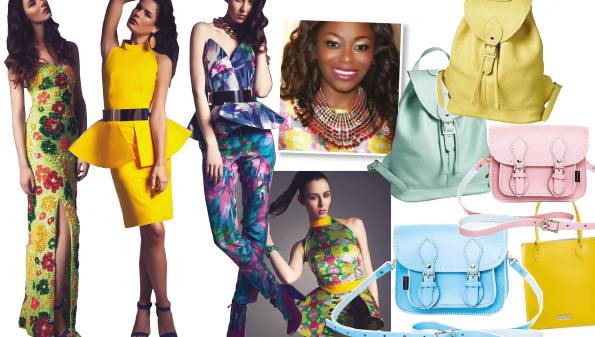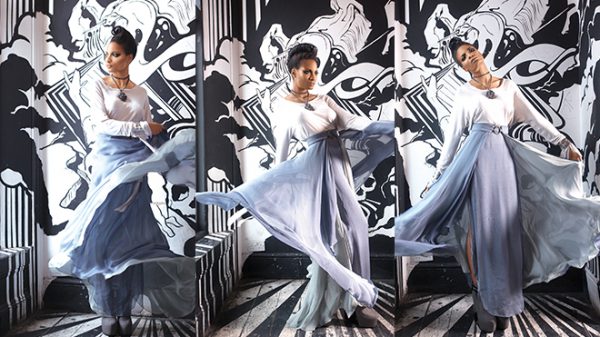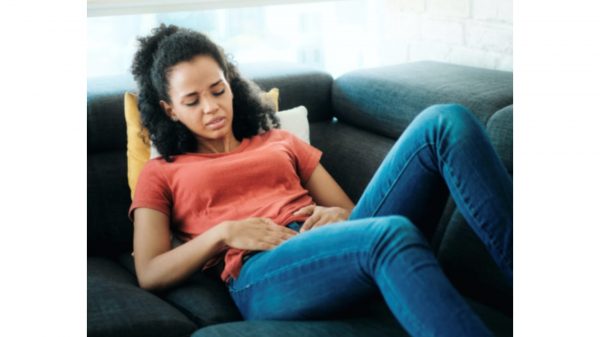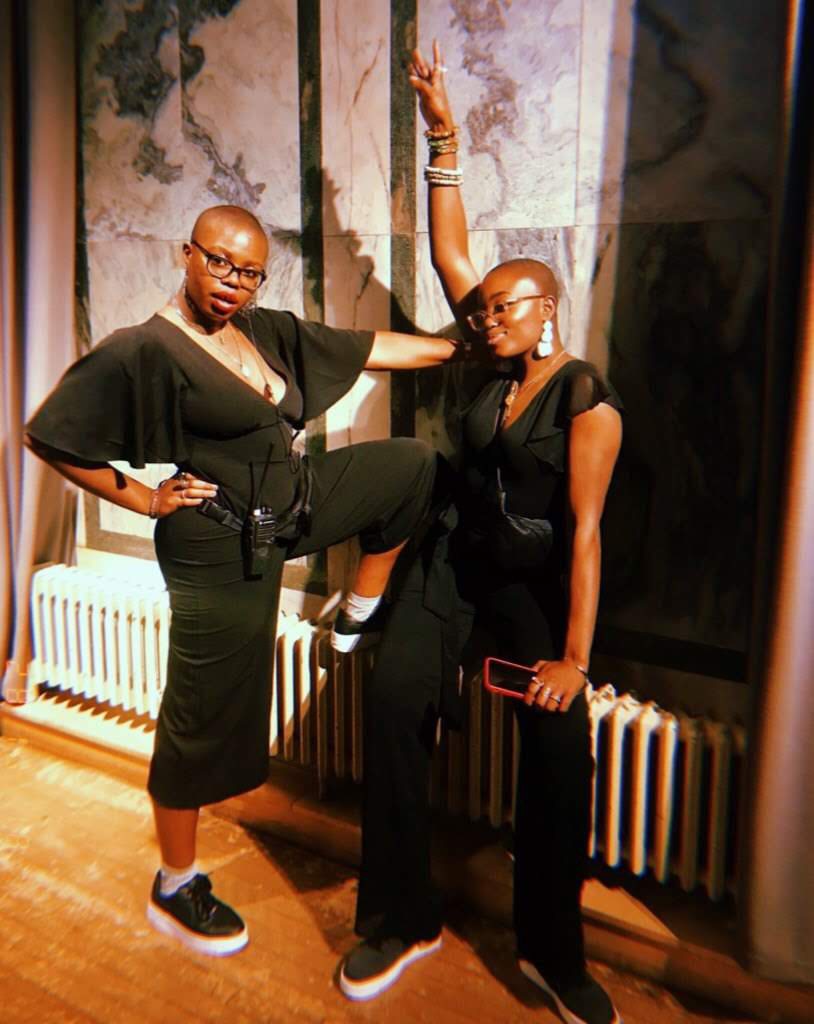The year 2017 taught us that when it comes to curating festivals it can either be a viral disastrous flop (hello, Fyre Festival) or completely sell out within a week, resulting in people having to join a waiting list in the hopes of getting in. The latter was the case for Black Girl Festival, as co-founders Nicole Crentsil and Paula Akpan successfully created the UK’s first-ever arts and culture festival designed to celebrate Black British women and girls. Emmanuella Ngimbi spoke to Nicole Crentsil, the co-creator of the UK’s very first festival celebrating Black British women and girls, ahead of its third year.
The joint venture came about when Crentsil was inspired by the sheer amount of Black women she saw at once while attending an event which boasted Angela Davies and Chimamanda Ngozi Adichie as speakers. ‘I remember saying to my mum that I’d really love to find a way to bring all these Black women into the space,’ she says, remembering how inspired she was by this collection of women. But rather than letting this stay an abstract idea in her mind, Crentsil got on the phone with Paula Akpan, someone she believed would be as passionate about this idea as she was. ‘We programmed a really ambitious festival and kind of put all our ideas, everything we wanted to see or do in that space – and the idea was born.’
At the time the pair were only online friends, with Akpan working as the gal-dem social media coordinator and Crentsil a speaker at Unmasked Women, a project that addresses the mental health of young Black women in the UK. However, they knew enough about each other to trust that their visions for an event centring Black women, inclusive of Black trans women and non-binary people, would align well – so they got to work, and hosted the first Black Girl Festival in October 2017.

With queues streaming out of the door with people eager to get in, all day long, it was an immediate success, with plenty on social media praising the event for being something so desperately wanted. However, celebrating Blackness loudly and unapologetically can often draw criticism. From the start, and even now with their third-celebration on the horizon, there have been those whose noses wrinkle at the sound of a festival for Black girls – and they’re not shy about expressing their distaste via social media.
‘A lot of white people, in general, were not really understanding why we would need such a space,’ Crentsil states. ‘We got, “What if I made a white girl festival?” – and we kind of expected that. We knew what we were doing was quite risky for people who weren’t Black women, but we knew regardless that it would mean more for people who were.’
With this being such a popular event, there are of course those who don’t fall under the umbrella of the Black Girl Festival’s core audience but might be interested in attending – for example, a white parent of a mixed-race Black daughter. And while no-one is excluded from the space, and there is much for people to learn from, regardless of racial identity, Crentsil states that it is a space that is for Black women and girls, and strives to keep them at the centre of all the decisions made.

‘Although we welcome all people who are non-Black women, we try to ensure Black women are the first to experience a panel, conversation or a workshop,’ she says. ‘The programming is completely centred around Black women; the space is for anyone who wants to engage with Black women, and that predominantly is Black women.’
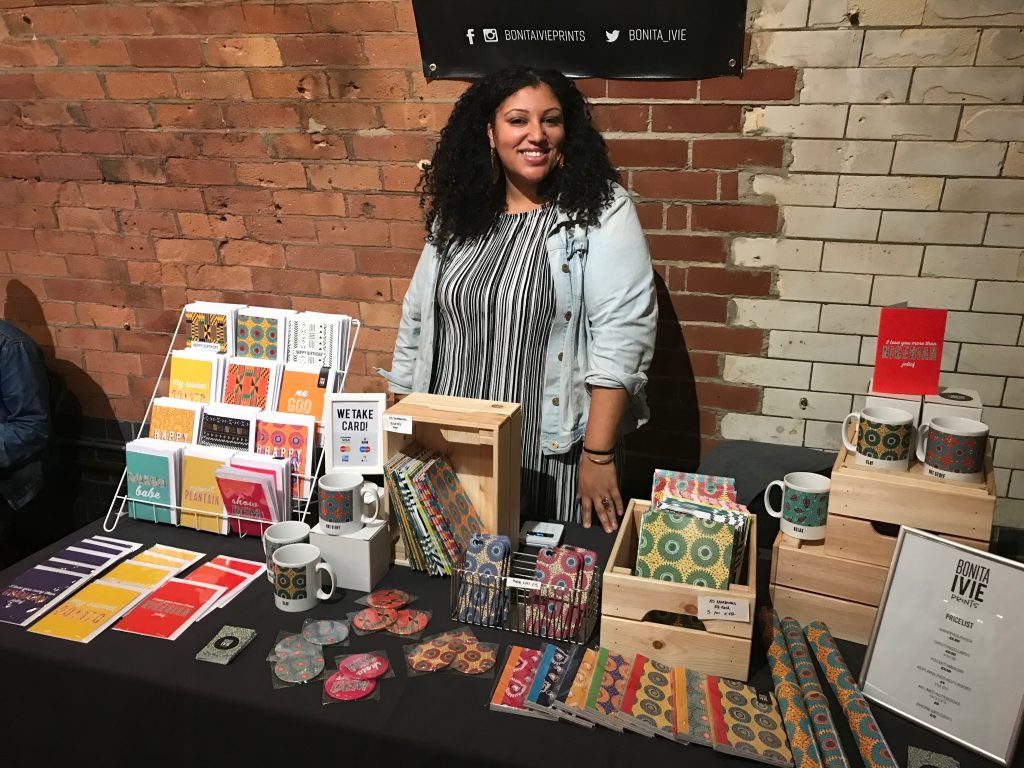
At an Eventbrite panel celebrating female activism and diversity earlier in 2019, Crentsil admitted that there is a pressure to compete in awareness months and that events should be all year round; however, it should be remembered that Black women exist outside of Black History Month and International Women’s Day, and should get the opportunity to speak on their experiences whether there’s a dedicated month or not. This ideology is why they continue to grow outside their annual festival, keeping the Black Girl Festival community engaged and active throughout the year. Events such as the BGF x Becoming Festival in April which celebrated the release and tour of Michelle Obama’s book Becoming, and the Dinner and Donate in July where Black Girl Festival teamed up with the NHS to promote blood donation, are two examples of how they did so this year.
Now that the 2019 edition of Black Girl Festival is fast approaching, and with more eyes on it than ever before, the event goes through developments each year. Though Crentsil ensures that the event is ‘more or less the same’, in terms of the structure and entertainment staples, there are a lot of new elements to look forward to as well: ‘The programming and the content will be new, different, exciting, engaging and relevant. The venue is going to be different; we worked across two venues last year and we found that it is easier to work from one big space, so we tripled the capacity that we’re working with this year so that there’s lots more room to do more things.’
Reflecting on their journey as Black women organisers, Crentsil is proud of the amount that she and Paula Akpan have been able to learn from their own experiences, as well as what they’ve learned from attending other events.
‘The journey really has been learning to make this of our own what we can – and also being really unafraid to stick up for our community. It would’ve been easy to make it a ‘Women of Colour’ festival to make it more digestible. For us, the intersection of being Black and a woman and all the other identities that fall into that is all we wanted to stick to. Realising that we’ve created a necessary space that we even want to attend all the time and that we wouldn’t be able to do what we’re doing if it wasn’t for the community… it’s been amazing.’
Black Girl Festival will be held on Saturday 12th October

